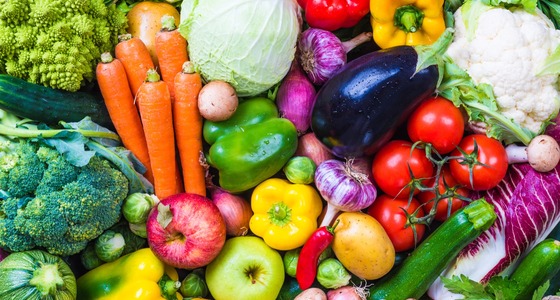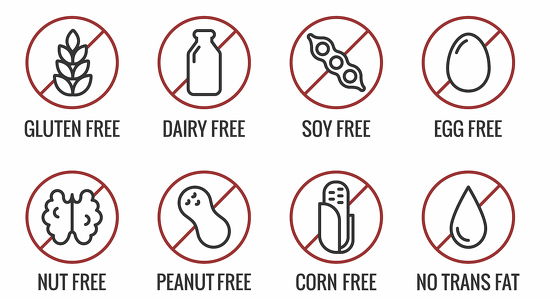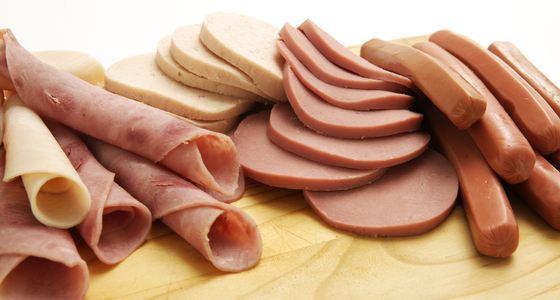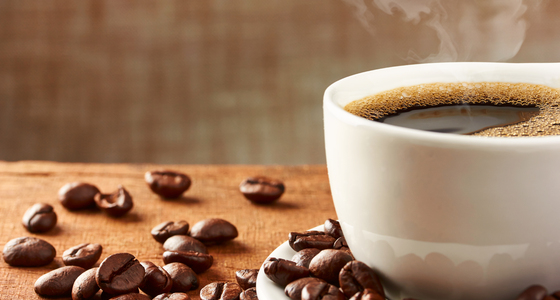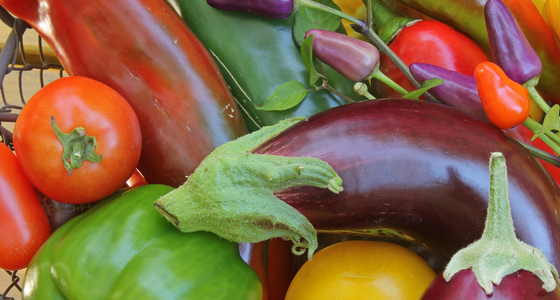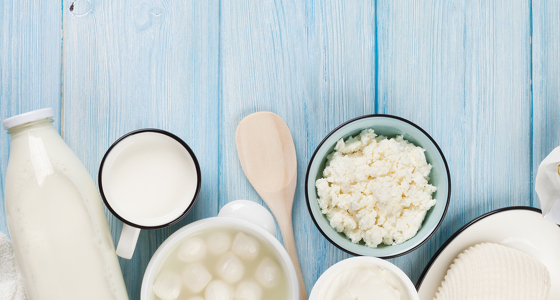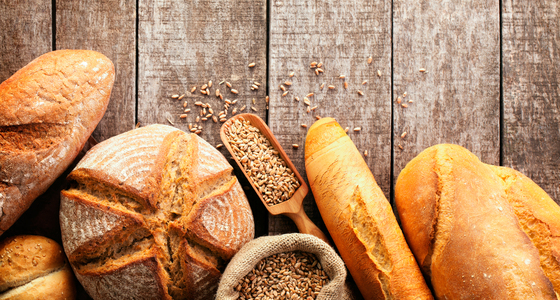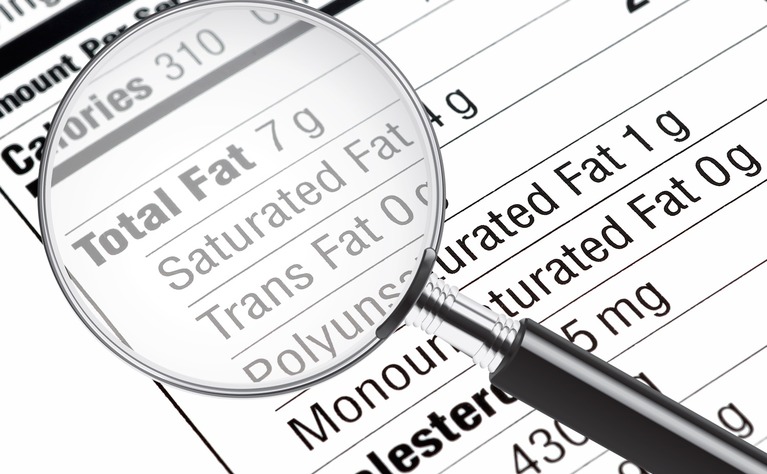
When you have inflammatory bowel disease (IBD) knowing what foods and drink affect your symptoms can be a bit of a minefield.
Some people with IBD have reported that some fatty foods can cause a negative effect on their symptoms. Here we take a look at some of the reasons why that may be to help you make your own decision about whether it may be having an effect on your symptoms.
Fatty foods are those that are considered high in fat. These include:
It is often the fat in food which provides it with flavour (which is why we are often attracted to eating fatty foods). Our body does need a small amount of fat to provide essential fatty acids and to help digest fat soluble vitamins (A, D, E and K).
The main types of fat found in foods are saturated and unsaturated fats. It is the saturated fats that are generally considered the more ‘unhealthy’ of the two types of fats. Foods which include saturated fats include sausages, butter, lard, cream, biscuits, palm oil. People are encouraged to reduce their intake of saturated fats and switch to eating more unsaturated fats which include foods like olive oil, avocados, walnuts, almonds, seeds, salmon, lean meats and sardines.
You can read more about fats in this article.
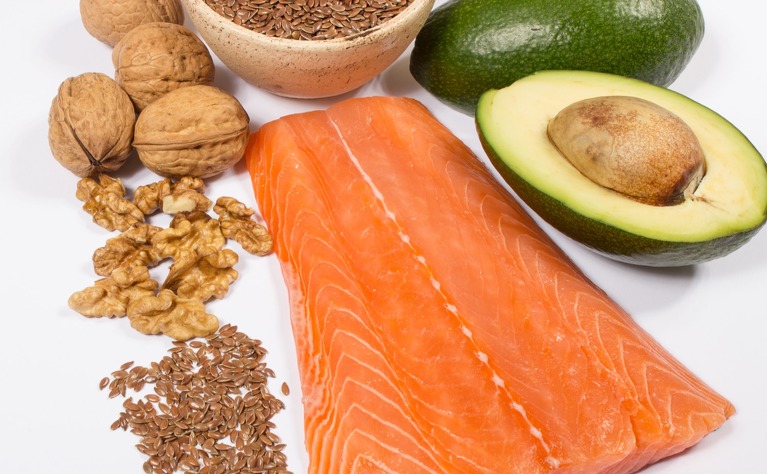
Fat is high in calories so can lead to weight gain and obesity if too much is eaten. It can also restrict the flow of blood to the heart and brain which increases the risk of heart disease and stroke.
Researchers looking into the dietary practices of a group of people with IBD found that 29% of people taking part considered fatty food to worsen symptoms1.
One reason for this may be that fat in foods is often not fully absorbed in the small intestine - which can lead to cramping or loose stools. Or, if you have Crohn’s disease in your small intestine you may not be able to absorb it.
